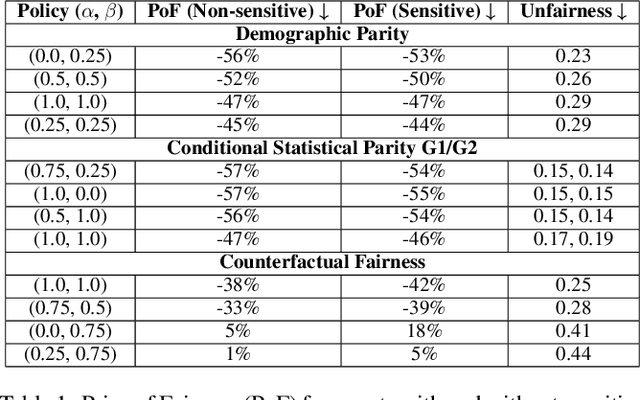Elizabeth Black
Large Language Models Miss the Multi-Agent Mark
May 27, 2025Abstract:Recent interest in Multi-Agent Systems of Large Language Models (MAS LLMs) has led to an increase in frameworks leveraging multiple LLMs to tackle complex tasks. However, much of this literature appropriates the terminology of MAS without engaging with its foundational principles. In this position paper, we highlight critical discrepancies between MAS theory and current MAS LLMs implementations, focusing on four key areas: the social aspect of agency, environment design, coordination and communication protocols, and measuring emergent behaviours. Our position is that many MAS LLMs lack multi-agent characteristics such as autonomy, social interaction, and structured environments, and often rely on oversimplified, LLM-centric architectures. The field may slow down and lose traction by revisiting problems the MAS literature has already addressed. Therefore, we systematically analyse this issue and outline associated research opportunities; we advocate for better integrating established MAS concepts and more precise terminology to avoid mischaracterisation and missed opportunities.
Fairness Aware Reinforcement Learning via Proximal Policy Optimization
Feb 06, 2025


Abstract:Fairness in multi-agent systems (MAS) focuses on equitable reward distribution among agents in scenarios involving sensitive attributes such as race, gender, or socioeconomic status. This paper introduces fairness in Proximal Policy Optimization (PPO) with a penalty term derived from demographic parity, counterfactual fairness, and conditional statistical parity. The proposed method balances reward maximisation with fairness by integrating two penalty components: a retrospective component that minimises disparities in past outcomes and a prospective component that ensures fairness in future decision-making. We evaluate our approach in the Allelopathic Harvest game, a cooperative and competitive MAS focused on resource collection, where some agents possess a sensitive attribute. Experiments demonstrate that fair-PPO achieves fairer policies across all fairness metrics than classic PPO. Fairness comes at the cost of reduced rewards, namely the Price of Fairness, although agents with and without the sensitive attribute renounce comparable amounts of rewards. Additionally, the retrospective and prospective penalties effectively change the agents' behaviour and improve fairness. These findings underscore the potential of fair-PPO to address fairness challenges in MAS.
Using Protected Attributes to Consider Fairness in Multi-Agent Systems
Oct 16, 2024Abstract:Fairness in Multi-Agent Systems (MAS) has been extensively studied, particularly in reward distribution among agents in scenarios such as goods allocation, resource division, lotteries, and bargaining systems. Fairness in MAS depends on various factors, including the system's governing rules, the behaviour of the agents, and their characteristics. Yet, fairness in human society often involves evaluating disparities between disadvantaged and privileged groups, guided by principles of Equality, Diversity, and Inclusion (EDI). Taking inspiration from the work on algorithmic fairness, which addresses bias in machine learning-based decision-making, we define protected attributes for MAS as characteristics that should not disadvantage an agent in terms of its expected rewards. We adapt fairness metrics from the algorithmic fairness literature -- namely, demographic parity, counterfactual fairness, and conditional statistical parity -- to the multi-agent setting, where self-interested agents interact within an environment. These metrics allow us to evaluate the fairness of MAS, with the ultimate aim of designing MAS that do not disadvantage agents based on protected attributes.
 Add to Chrome
Add to Chrome Add to Firefox
Add to Firefox Add to Edge
Add to Edge